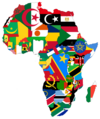
The Open University of Sri Lanka is a national university in Sri Lanka. It is unique within the Sri Lankan national university system for being the only university to offer programs of study leading to certificate, diploma, degrees and postgraduate degrees up to PhD level through the Open and Distance Mode of Learning (ODL). The degrees awarded by the university are treated as equivalent to degrees awarded by any other Sri Lankan University under the preview of the University Grants Commission.

Thammasat University is a public research university in Thailand with campuses in Tha Phra Chan, Rangsit, Pattaya and Lampang Province. As of 2019, Thammasat University has over 33,000 students enrolled in 33 faculties, colleges, institutes and 2,700 academic staff.

The University of Macau is a public research university of Macau. The university campus is located in the east of Hengqin Island, Guangdong, on a piece of land leased to the Government of Macau and is under the jurisdiction of Macau.

The University of Botswana (UB) was established in 1982, as the first institution of higher education in Botswana. The university currently has three campuses: one in the capital city Gaborone, one in Francistown, and another in Maun. The University of Botswana is divided into six faculties: Business, Education, Engineering, Humanities, Health Sciences, Science and Social Sciences and the Sir Ketumile Masire Teaching Hospital. UB is ranked 1201–1500 in the world and 21st in sub-Saharan Africa in the 2024 Times Higher Education World University Ranking.
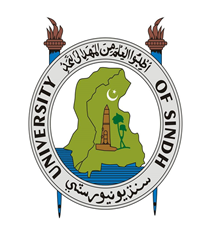
The University of Sindh is a public research university in Pakistan located in the city of Jamshoro. It is one of the oldest universities in Pakistan and was certified by ISO in 2015.

The University of Guyana, in Georgetown, Guyana, is Guyana's national higher education institution. It was established in April 1963 with the following Mission: "To discover, generate, disseminate, and apply knowledge of the highest standard for the service of the community, the nation, and of all mankind within an atmosphere of academic freedom that allows for free and critical enquiry."
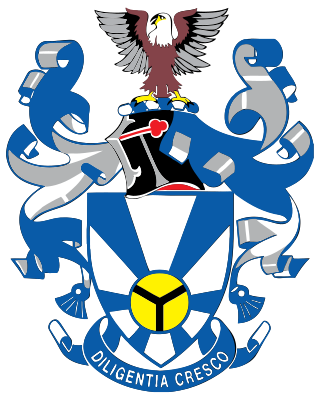
The University of Zululand or UniZulu is a comprehensive tertiary educational institution north of the uThukela River in KwaZulu-Natal, South Africa. The university has established partnerships with schools in the United States and Europe such as the University of Mississippi, Radford University, Florida Agricultural and Mechanical University and Chicago State University. UniZulu was founded with the help of the Prince of Phindangene, Mangosuthu Buthelezi, who was also chancellor of the institution when it was established.
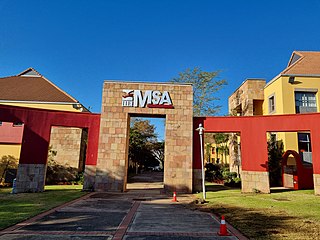
The IIE MSA, formerly known as Monash South Africa, is a university located in Johannesburg, Gauteng, South Africa. The Managing Director at IIE MSA is currently Louise Wiseman.

Hamdard University is a private research university with campuses in Karachi and Islamabad, Pakistan. It was founded in 1991 by the philanthropist Hakim Said of the Hamdard Foundation. It is one of the first and oldest private institutions of higher education in Pakistan, and also is the largest private research university in Karachi, with an campus area of over 350 acres.

The Eastern University Sri Lanka is a public university in Vantharumoolai, Eastern Province, Sri Lanka. It was established on 1 October 1986. The university was preceded by the Batticaloa University College established on 1 August 1981 which was started in the buildings of the Vantharumoolai Madya Maha Vidyalayam.
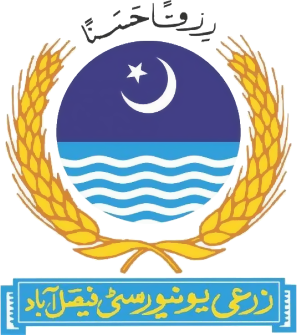
The University of Agriculture (UAF) is a public research university in Faisalabad, Pakistan. It is the second largest university of Pakistan by area with a covered area of 2,550 acres as compared to Punjab University's 3,000-acre campus in Lahore which is the largest.
Egerton University is a public university in Kenya. It is the oldest institution of higher education in Kenya.

Sokoine University of Agriculture (SUA) is a public university in Morogoro, Tanzania, specializing in agriculture. The university is named after the country's second prime minister Edward Sokoine.

Busitema University (BU) is a university in Uganda. It is one of the eight public universities and degree-awarding institutions in the country.It has different six campuses around the country.
Education in Eswatini includes pre-school, primary, secondary and high schools, for general education and training (GET), and universities and colleges at tertiary level.

Rajarata University of Sri Lanka is a public university located in the historic city of Mihintale, near Anuradhapura, Sri Lanka. The Rajarata University of Sri Lanka was established as the eleventh University in Sri Lanka and was opened on 31 January 1996 by President Chandrika Kumaratunga.

The Technological University of Pereira is a national public research university in Pereira, Risaralda, Colombia. The university is located in the southeast of the city.

The University of Jaffna is a public university in Jaffna, Sri Lanka. Established in 1974 as the sixth campus of the University of Sri Lanka, it became an independent, autonomous university in 1979.
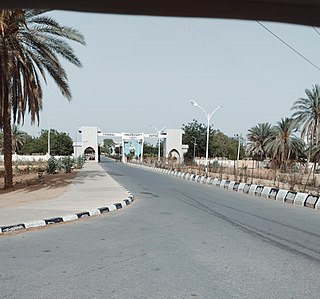
The Federal University Dutse (FUD), is one of the nine universities created by the Federal Government of Nigeria in 2011.

The Lilongwe University of Agriculture and Natural Resources (LUANAR) is a university outside Lilongwe, Malawi. It was formed in 2011 by a merger between Bunda College of Agriculture of the University of Malawi and Natural Resources College (NRC).




















